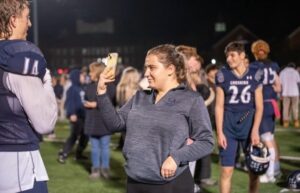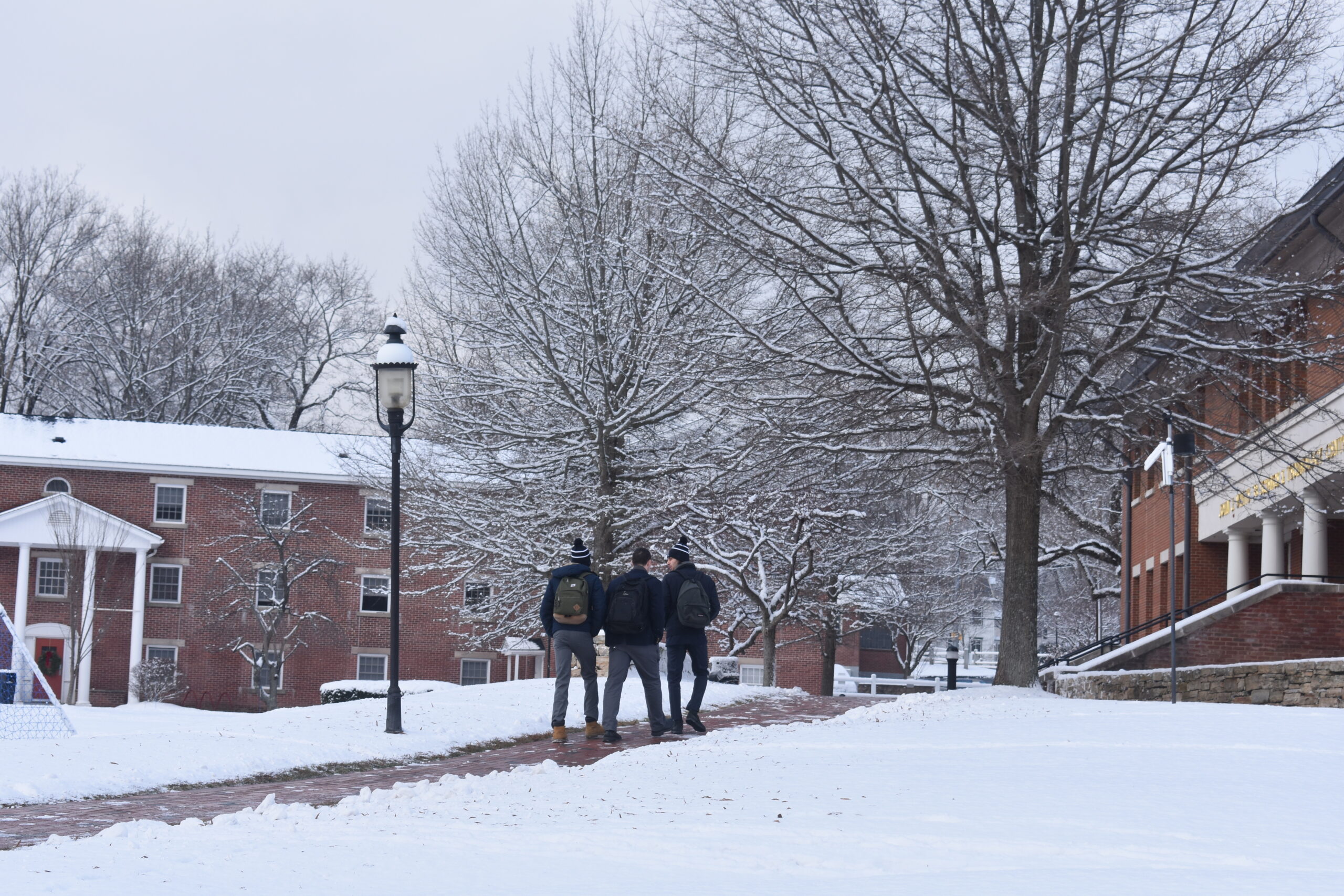Cheshire Academy teachers are lifelong learners and experts in their fields. We asked them to share their thoughts and scholarship on vital issues in education.
Assistant Dean of Students Alex Conaway co-founded All Access Training & Student-Athlete Development, Inc. with his brother, Adham Conaway, to address the lack of resources for young people in New Haven, CT. A graduate of Trinity College in Hartford, he is currently doing research for his doctorate in Global Sports Leadership at East Tennessee State University.
A Holistic Approach to Student-Athlete Development
By Alex Conaway, Assistant Dean of Students
As a native son of New Haven, Connecticut—a city renowned for its rich history and prestigious university—I have witnessed firsthand the profound challenges that urban youth face due to systemic inequities. My peers, many of whom fell prey to the terrors of gun violence or the deep impacts of the criminal justice system, often failed to realize their full potential. However, my personal journey as a student-athlete, both in high school and college, revealed the transformative power of discipline—both on and off the court. This dual commitment to athletics and academics offered not only an escape but also an opportunity for growth and empowerment. It is my firm belief that true success, in both academics and sports, requires a holistic approach that nurtures the personal, academic, and socio-emotional well-being of student-athletes.
Addressing these obstacles necessitates a comprehensive approach that extends far beyond training for a specific sport. Scholars like Joseph Cooper (2016) highlight the importance of fostering self-awareness, positive social engagement, and time management skills among student-athletes. Cooper’s Excellence Beyond Athletics framework exemplifies this holistic strategy, empowering student-athletes to fully realize their potential both on the playing field and in all aspects of life. This integrated approach not only enhances their athletic abilities but prepares them for the complexities of life beyond sports.
In 2020, I co-founded All Access Training and Student-Athlete Development, Inc., a nonprofit organization dedicated to supporting high school basketball players from the Greater New Haven area. Our mission is to help these student-athletes unlock their innate potential, guiding them to become accountable individuals who communicate effectively and demonstrate strong character. A critical component of this mission is representation—having mentors who share similar backgrounds and experiences with their mentees. This not only strengthens trust but also enhances mutual understanding. In educational institutions with predominantly non-diverse student populations, where minority students may feel isolated, representation becomes even more vital. As Hamed Shamseldin (2019) emphasizes, Black students are more likely to stay in school and perform at a higher level when they feel a sense of belonging within their community (p. 12). Thus, prioritizing diversity and inclusion within leadership and faculty is not just a moral imperative but a strategy for inspiring success and fostering community cohesion.
Creating an environment that supports the organic growth of student-athletes requires a united and collective effort. Educators, coaches, parents, and community leaders must work in tandem, pooling resources and advocating for the needs of these young individuals. John Maxwell (2007), in his 21 Irrefutable Laws of Leadership, reminds us that true leadership involves empowering others to lead. Mentorship programs that prioritize empowerment are essential for student-athletes, providing them with the tools they need to excel in all aspects of life, both during and after their athletic careers.
As a man who has navigated the demands of both academia and athletics, I am deeply committed to creating a culture where youth are empowered to thrive and become well-rounded individuals—equipped with the tools they need to succeed not only in sports but in life.
References
Cooper, J. N. (2016). Excellence Beyond Athletics: Best Practices for Enhancing Black Male Student Athletes’ Educational Experiences and Outcomes. Equity & Excellence in Education, 49(3), 267–283. https://doi.org/10.1080/10665684.2016.1194097
Maxwell, J. C. (2007). The 21 Irrefutable Laws of Leadership: Follow Them and People Will Follow You. HarperCollins Focus.
Shamseldin, H. (2019). “The Achievement Gap Between African American Athletes and Their White Counterparts in Higher Education.” Kinesiology, Sport Studies, and Physical Education Synthesis Projects, 78.







